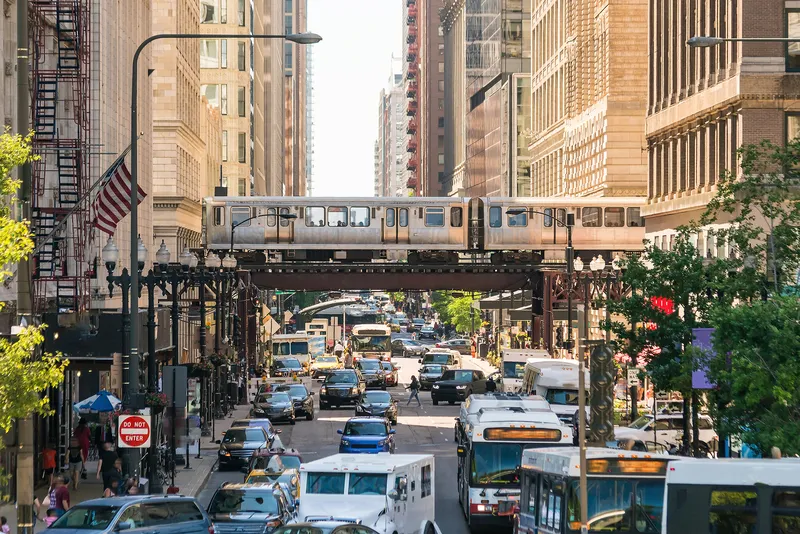West Yorkshire Combined Authority has secured UAS$2.4 million (£1.9 million) of UK Government funding to support an increase in ultra-low emission electric taxi and private hire operation on local roads.
Eighty-eight dedicated taxi and private hire charge points will be installed at key public transport and taxi operation sites across West Yorkshire, thanks to the Combined Authority’s successful bid to the Office for Low Emission Vehicle’s Ultra-Low Emission Vehicle (ULEV) Taxi Scheme.
Several major
April 4, 2017
Read time: 2 mins
West Yorkshire Combined Authority has secured UAS$2.4 million (£1.9 million) of UK Government funding to support an increase in ultra-low emission electric taxi and private hire operation on local roads.
Eighty-eight dedicated taxi and private hire charge points will be installed at key public transport and taxi operation sites across West Yorkshire, thanks to the Combined Authority’s successful bid to the Office for Low Emission Vehicle’s Ultra-Low Emission Vehicle (ULEV) Taxi Scheme.
Several major private hire and taxi firms across West Yorkshire provided letters of support for the Combined Authority’s bid and local councils are encouraging other operators and partners to make the switch to ULEV and collectively help to reduce transport emissions across West Yorkshire.
West Yorkshire suffers from significant areas of poor air quality and Leeds will be one of five UK cities implementing Clean Air Zones in 2020 that will affect taxi and private hire vehicles operating in Leeds. Last month the Combined Authority Transport Committee endorsed the adoption of the West Yorkshire Low Emission Strategy developed jointly with the five West Yorkshire District Councils and Public Health England to reduce harmful emissions from transport and other sources.
Eighty-eight dedicated taxi and private hire charge points will be installed at key public transport and taxi operation sites across West Yorkshire, thanks to the Combined Authority’s successful bid to the Office for Low Emission Vehicle’s Ultra-Low Emission Vehicle (ULEV) Taxi Scheme.
Several major private hire and taxi firms across West Yorkshire provided letters of support for the Combined Authority’s bid and local councils are encouraging other operators and partners to make the switch to ULEV and collectively help to reduce transport emissions across West Yorkshire.
West Yorkshire suffers from significant areas of poor air quality and Leeds will be one of five UK cities implementing Clean Air Zones in 2020 that will affect taxi and private hire vehicles operating in Leeds. Last month the Combined Authority Transport Committee endorsed the adoption of the West Yorkshire Low Emission Strategy developed jointly with the five West Yorkshire District Councils and Public Health England to reduce harmful emissions from transport and other sources.







